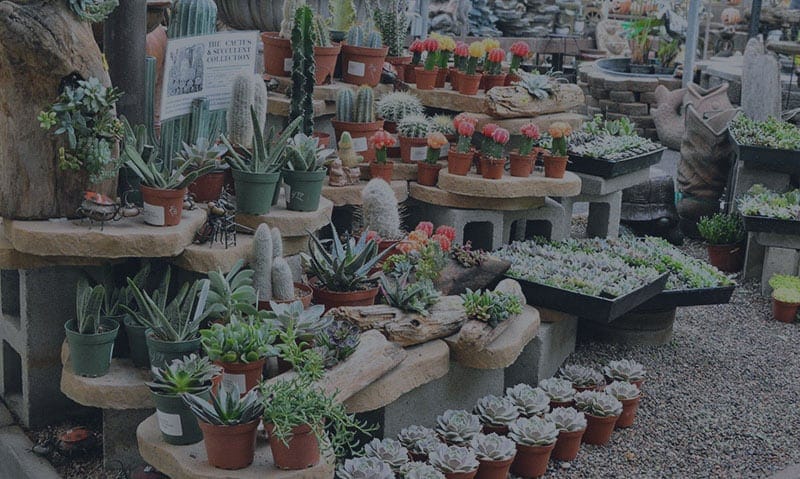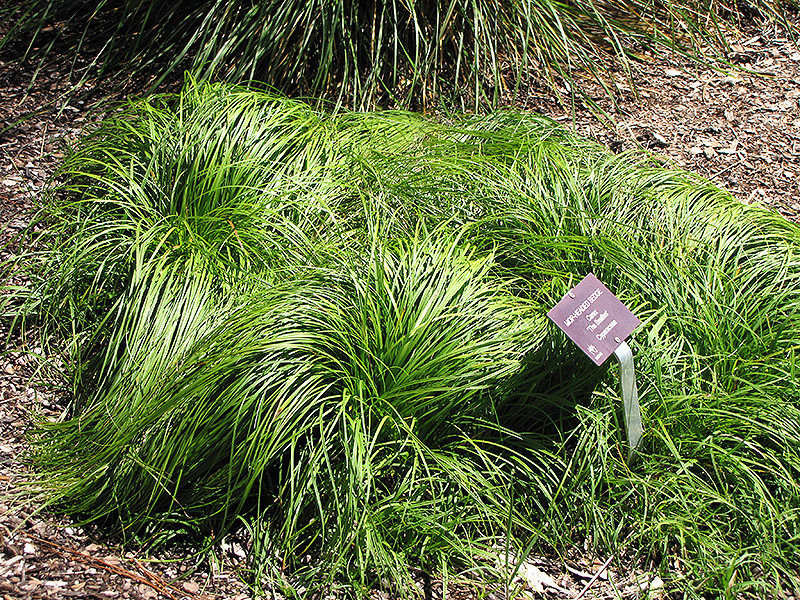The Beatles Spring Sedge
Carex caryophyllea 'The Beatles'
Height: 8 inches
Spread: 12 inches
Sunlight:
![]()
![]()
Hardiness Zone: 4b
Description:
Well named for its mop-headed appearance; great in full sun or under the shade of large trees; suitable for rock gardens or as a groundcover but must have sufficient water
Ornamental Features
The Beatles Spring Sedge is primarily valued in the garden for its interestingly mounded form. Its attractive grassy leaves remain dark green in color throughout the year.
Landscape Attributes
The Beatles Spring Sedge is a dense herbaceous evergreen perennial grass with a mounded form. It brings an extremely fine and delicate texture to the garden composition and should be used to full effect.
This is a relatively low maintenance plant, and is best cleaned up in early spring before it resumes active growth for the season. It has no significant negative characteristics.
The Beatles Spring Sedge is recommended for the following landscape applications;
- Mass Planting
- Border Edging
- General Garden Use
- Groundcover
Planting & Growing
The Beatles Spring Sedge will grow to be about 8 inches tall at maturity, with a spread of 12 inches. Its foliage tends to remain low and dense right to the ground. It grows at a slow rate, and under ideal conditions can be expected to live for approximately 10 years. As an evegreen perennial, this plant will typically keep its form and foliage year-round.
This plant does best in full sun to partial shade. It prefers to grow in average to moist conditions, and shouldn't be allowed to dry out. It may require supplemental watering during periods of drought or extended heat. It is not particular as to soil type or pH. It is somewhat tolerant of urban pollution. Consider applying a thick mulch around the root zone in both summer and winter to conserve soil moisture and protect it in exposed locations or colder microclimates. This is a selected variety of a species not originally from North America. It can be propagated by division; however, as a cultivated variety, be aware that it may be subject to certain restrictions or prohibitions on propagation.


